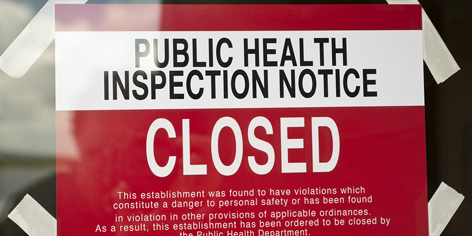
Alternative drugs was as soon as an area regarded by many as pure quackery. Chinese language Drugs works at restoring steadiness in varied ways including natural medication, acupuncture, respiration and movement (Tai Chi and Qigong) and likewise via eating regimen. Even though there are numerous herbal remedies available which were effectively studied and documented, medical professionals will hardly ever advocate their use, but will as an alternative dispense artificial drugs.
To further validate the importance and prospects for different medicine training programs, many alternative healing schools and schools proceed to hold out scientific trials on various therapeutic arts to substantiate … Read More...









